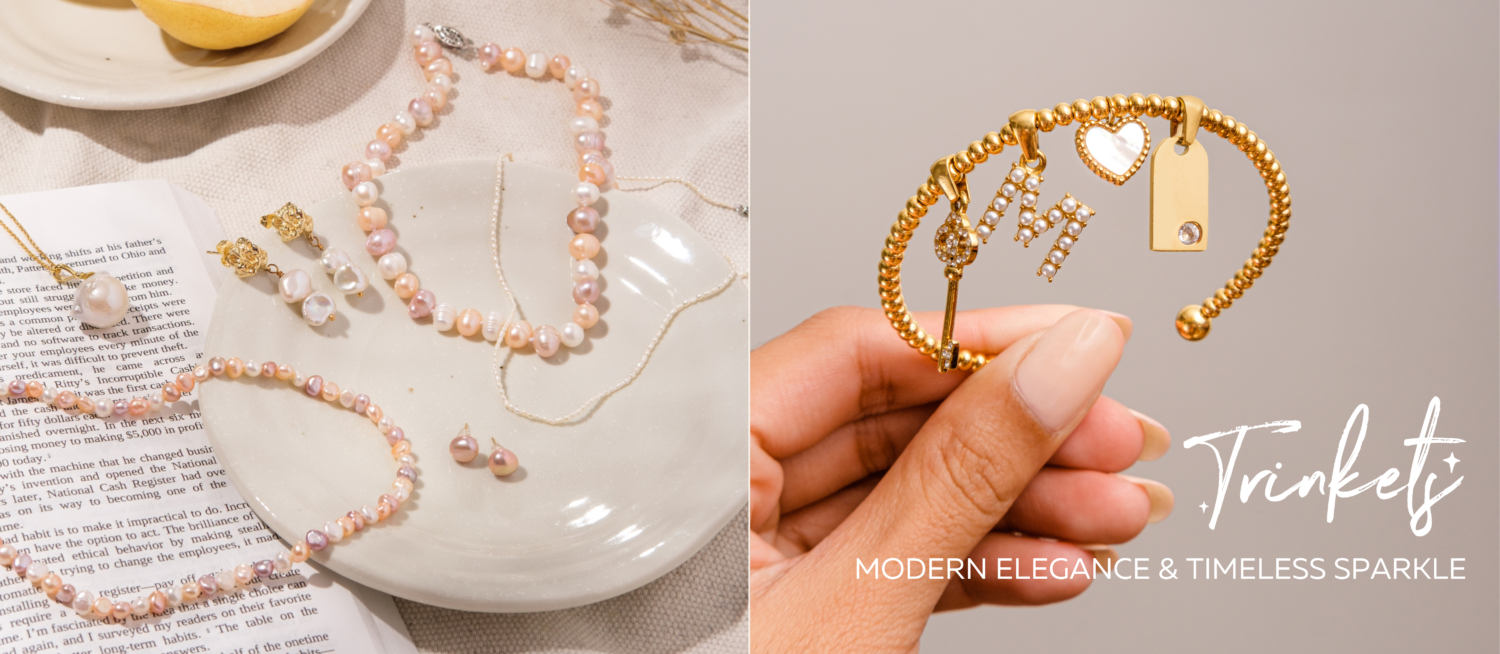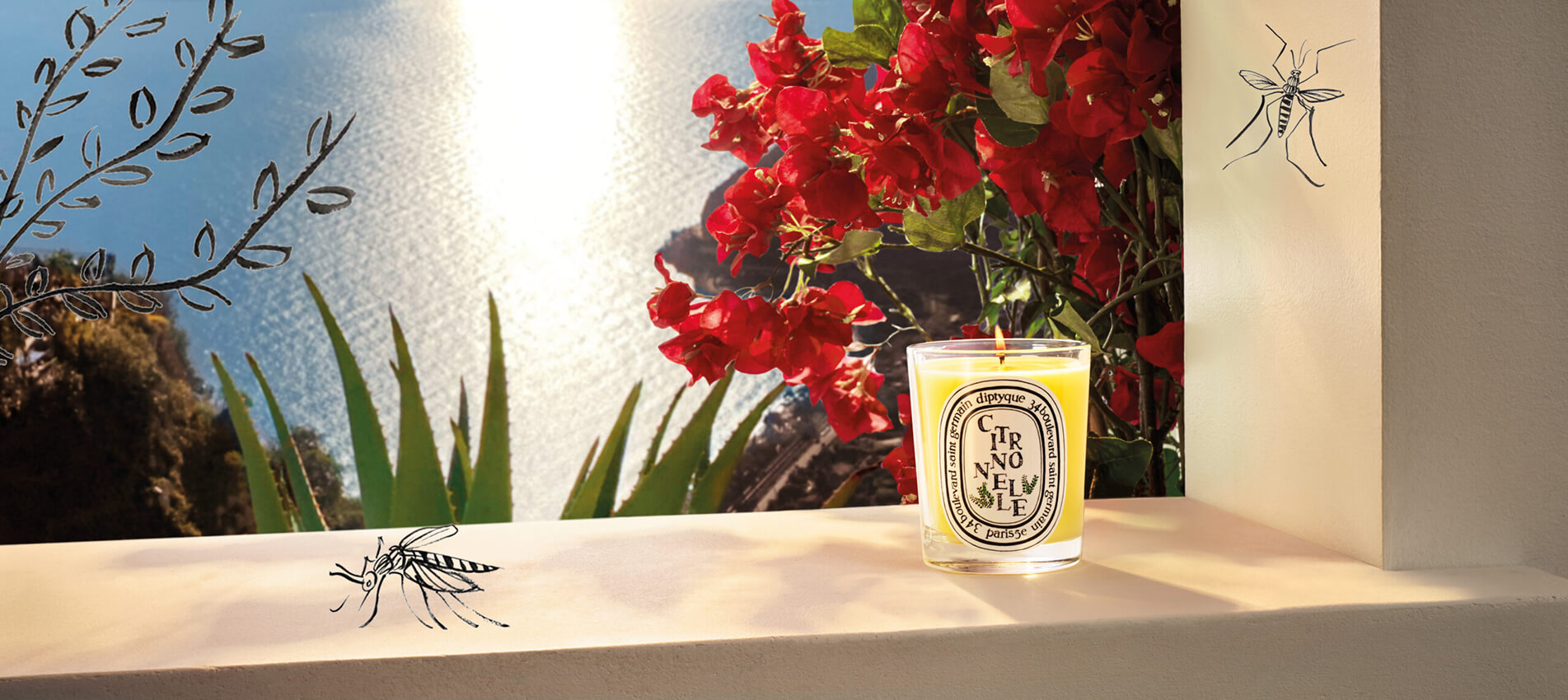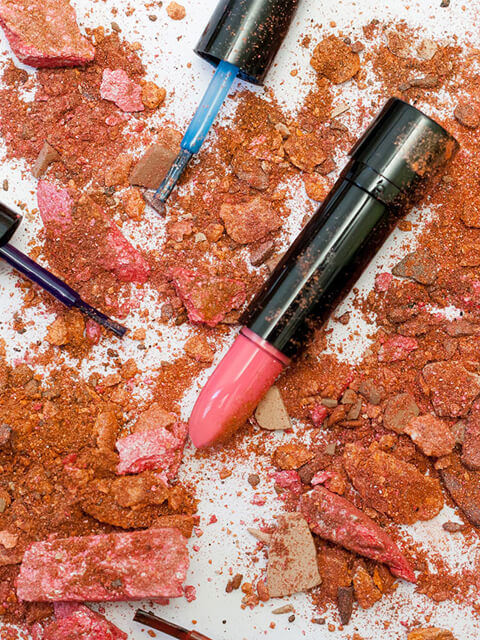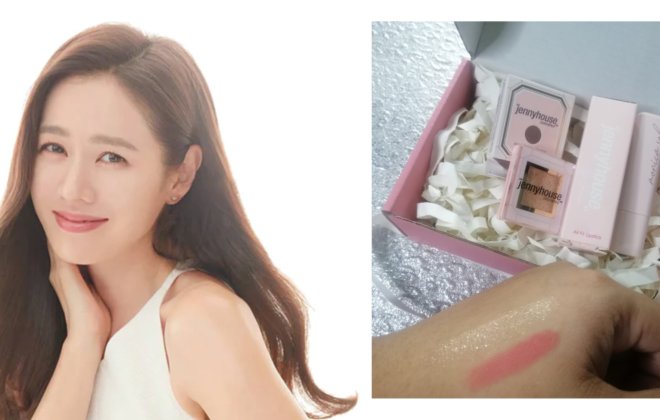Kendall Jenner Talks About Mental Health Struggles on Vogue’s ‘Open Minded’ Series

It is easy to forget that behind all the glitz and glamour, Kendall Jenner is still a human being that can be susceptible to mental health issues. After all, this supermodel seems to have it all at such a young age being part of the Kardashian-Jenner clan. They rose to fame because of their more than a decade long reality show and having her own career as a model and business owner.
It’s been reported for many years that Kendall is actually suffering from anxiety attacks. But for the first time ever, she is opening up about her mental health struggles in detail publicly. On the pilot episode of Vogue’s “Open Minded” series, Kendall talked openly about her experiences with anxiety and how it has affected her life even from a very young age.
The first session focused on social anxiety with Dr. Ramani Durvasula, a licensed clinical psychologist and professor of psychology. During the interview, Kendall divulged in the show that there was one time when she felt like dying and wanted to be rushed to the hospital. She also shared that she would feel some parts of her body feeling numb. The model and socialite acknowledged that she indeed lives a privileged life. However, having money and fame didn’t save her from suffering from the disorder.
Dr. Ramani was very comforting. She said that every person who sought her help has dealt with some form of anxiety. The psychologist then pushed for the de-stigmatization of mental disorders — especially anxiety.
According to the Anxiety and Depression Association of America (ADAA), anxiety disorders are real and serious — very much like physical disorders such as heart disease. The association further said that anxiety disorders are the most common mental disorders in the USA.
However, it should be remembered that it is typical to experience occasional anxiety. But if it is persistent, uncontrollable, or excessive, then it can be a disabling disease that interferes with daily activities.
Dr. Ramani explained that “anxiety’s on a continuum” from mild to clinically significant anxiety.
The clinical psychologist and author said, “At the milder end, it’s probably what these people are saying, ‘Oh, I’m feeling this anxiety,’ but they’re getting through the day. But when it jumps the line and there’s a point at which anxiety gets in the way. It makes people more uncomfortable at work. It makes people uncomfortable in their relationships. It makes people more uncomfortable out of the house.”
She continued, “They’d actually just as soon, stay home, then deal with the big unknown and they’re physically uncomfortable. Their heart’s racing. They feel like they’re crawling out of their own skin. They feel sick a lot, everything’s scary.”
One of the most striking points that were taken up during the talk was the anxiety that comes with going back to post-pandemic life.
Kendall said, “Now that things are slowly opening up, if I go to a dinner or if I see a few more of my friends that I am not used to seeing throughout this last year, it gives me anxiety.”

Dr. Ramani said that people — especially those with anxiety — should ease their way into emerging from the quarantine life.
Capping the interview were some tips from Dr. Ramani on how to manage anxiety coupled with the encouragement that people who suffer from anxiety are not alone.
“I appreciate you sharing your story because I’m always grateful when people talk about their stories publicly. So people can see they’re not alone with this because I think the hardest thing of all is to feel alone. So thank you for doing it,” said Dr. Ramani.
It’s Time to Talk About Mental Health
Kendall is blessed to have access to doctors and treatments because mental health is a big thing – more or less – in the US. But from where I am, on the other side of the world and in a conservative country, I can only sigh and wish for the same kind of interventions to happen here.
In the Philippines, seeking treatment for mental health issues is still considered taboo. Because there is so much stigma surrounding mental treatments, scores of individuals would rather stay in the shadows and not seek professional help. Sometimes the stones that they had to dodge from were from their own family members.
I recently talked to a friend who said that even her family had a hard time coping with the fact that she suffers from mental illnesses ranging from anxiety to suicidal thoughts. She would only receive comments like “it’s all in your mind” and “you can do it” but she knew there was more to it.
But she pushed through with seeking professional treatment. True enough, she was diagnosed with a mental illness that needed medications. But I can only imagine her agony if she didn’t pluck enough courage to go to a psychiatrist.
Mental disorders are real. It’s time that we sit down as well and discuss mental health without any judgments. If it takes someone like Kendall Jenner to take people to notice, then so be it. All I know is that at this point, shedding light on mental health should be the norm rather than the exception.
Social Media and Mental Health
In the second installment of the Vogue series, the reality star talks about the addictive nature of social media. This time she talked to Dr. Jorge Partida, chief of psychology at the Los Angeles County Department of Mental Health.
“There’s plenty of research out there that really demonstrates that social media acts very much like an addiction,” the guest doctor said. “You are always looking for that positive reinforcement and the idea of what can happen—whether you’re going to get a like or somebody’s going to repost you—really keeps you coming back.”
Dr. Partida shared some tips on how you can manage your mental health in the social media era. “Being aware with your intention when you engage with social media: why are you doing it, why are you connecting? Next is recognizing that once you put an image out there, you may not always have control over how that image is going to be consumed.”
When a fashion figure as huge as Kendall Jenner openly talks about the importance of mental health care, the more we are feeling hopeful that we can engage the audience in healthier conversations relating to mental health. It is never a bad thing to prioritize your well-being.





















